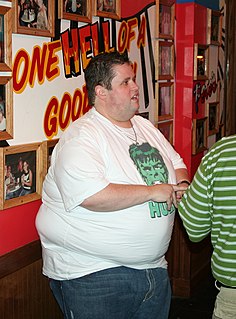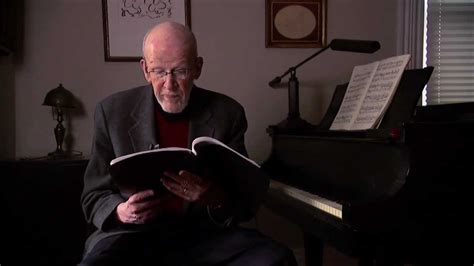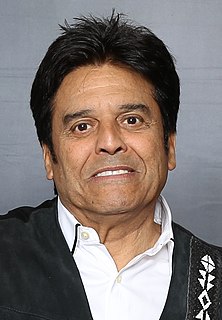A Quote by Vivien Leigh
Related Quotes
Televisison is like a factory line. You need discipline and focus. You have to hit your mark and know your lines. It's not that I don't know my lines when I do a film, but the pace of discovery is always a little bit more relaxed and nurturing and almost babying, in a way. Television toughens you up, and I like that, but I don't want it to toughen me up too much.
The only thing I know that makes me feel comfortable is to know as much as I can. Not like what the shots are going to be, but knowing enough about my character that I can forget those things. And more specifically, my lines. I have to know my lines. I have to know something really well, so I can forget it when we're doing it. And there is comfort in knowing, "Okay, there's not another stone that I could have overturned."
I don't even know why, but I've just always done it - I don't walk on handicapped parking spaces. I don't like to step on the blue lines. I always step over them. I don't know what the deal is. I don't know if it's a fear of injury, or a disrespectful thing, or if I just don't want to think about something like that happening.
I've always been - as a teacher, as graduate student, as a student, and I think, really, as a child - I've been interested in poems, but not so much for what the take home pay is, what you might sum up from them in moral or intellectual terms or whatever, but what's in the certain lines and how lines relates to other lines.
It was probably one of the things that gave me a sense of possibility and allowed for me to see beyond the small community that I existed within. You know, I was making friends with young Soviet kids. this is during perestroika. You know, there's bread lines and vodka lines. The entire social structure of what was then the Soviet Union was radically different from what we know today.
People quote lines to me all the time. I'm always surprised - everybody has a favorite movie, and they're always different. I'm always shocked. People stop me on the street and throw lines at me from 'Tales from the Crypt: Demon Knight' and 'Deep Space Nine.' 'Shawshank' happens a lot because they play it so much on TV.
I'm quite severely dyslexic so I struggle with acting in certain ways. I always have to put in triple the amount of effort, which would always frustrate me a lot. I suppose that some people can just look at a script once and know it. That's not me. I really have to spend a bit of time with the lines. But it's my job and I've got better and better at it. If you're learning a lot, things start going quicker. Doing the lines with repetition and you just get it in your head somehow.




































